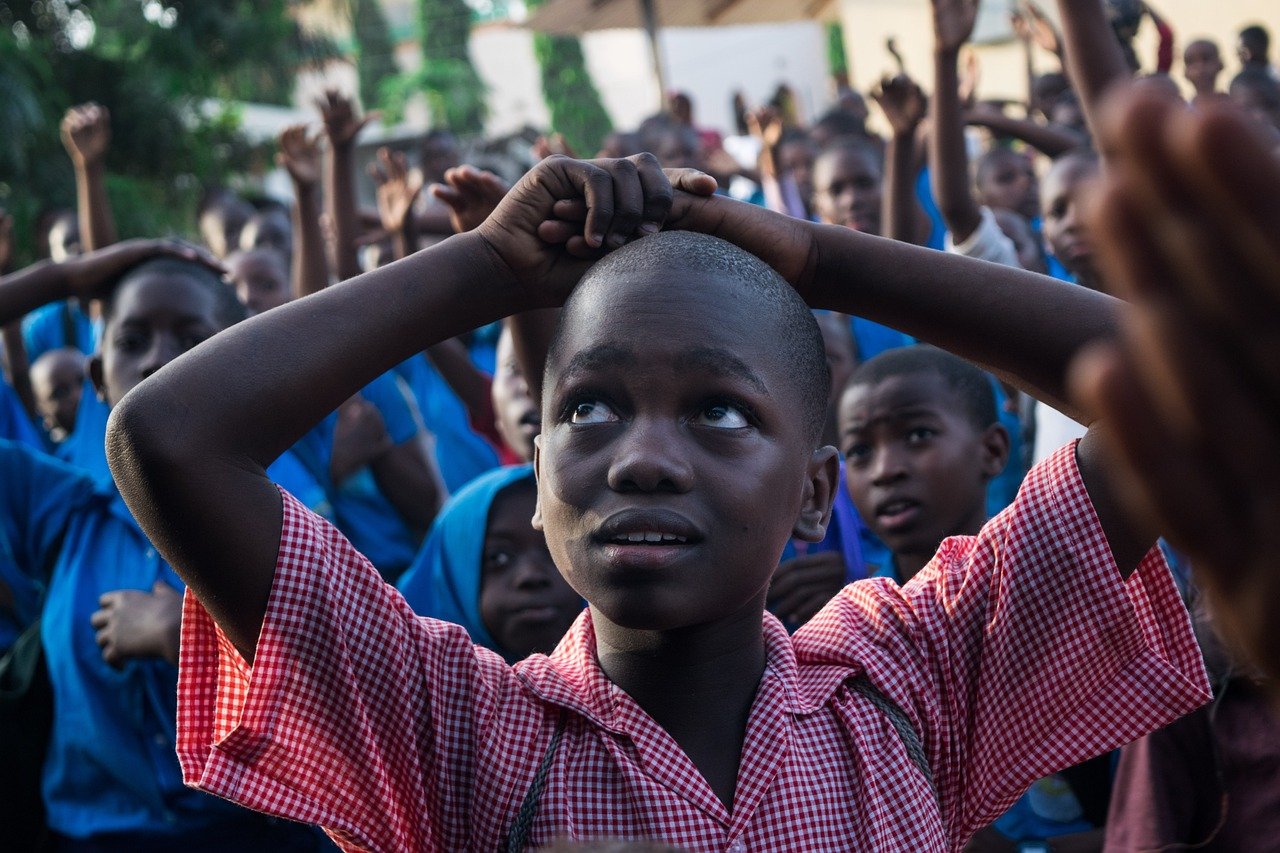Students who are “off the grid” face numerous challenges in accessing and pursuing education. Being off the grid can mean living in remote or underserved areas with limited access to infrastructure, including electricity, internet connectivity, and educational resources. Here are some education challenges that students off the grid may encounter:
- Limited Infrastructure:
- Lack of electricity: Without a reliable power source, students may struggle to access electronic devices and study materials.
- Absence of internet connectivity: Limited or no internet access makes it difficult for students to engage in online learning, access educational resources, or communicate with teachers and peers.
- Inadequate Learning Resources:
- Lack of textbooks and educational materials: Physical resources such as textbooks may be scarce or unavailable, hindering students’ ability to study and learn effectively.
- Limited access to libraries and educational facilities: Remote areas may not have well-equipped libraries or educational institutions, restricting students’ access to reference materials and conducive learning environments.
- Challenges in Communication:
- Limited interaction with teachers: The absence of internet or reliable communication channels may hinder students’ ability to seek help from teachers, ask questions, or participate in discussions.
- Isolation from peers: Students off the grid may miss out on the collaborative aspects of education, such as group projects and peer interactions, which are crucial for social and intellectual development.
- Transportation Issues:
- Difficulty in commuting to schools: Remote locations often lack proper transportation infrastructure, making it challenging for students to travel to educational institutions regularly.
- Health and Well-being:
- Limited access to healthcare: Remote areas may lack healthcare facilities, impacting students’ health and well-being, and consequently, their ability to attend school regularly.
- Environmental challenges: Harsh weather conditions or geographical obstacles may pose additional challenges to students traveling to and from school.
- Cultural and Linguistic Barriers:
- Lack of educational materials in local languages: The absence of learning materials in students’ native languages can create barriers to understanding and hinder effective learning.
- Cultural disconnect: Educational content may not always be culturally relevant, making it difficult for students to connect with the material.
- Limited Educational Opportunities:
- Fewer extracurricular activities: Students off the grid may have fewer opportunities for extracurricular activities, limiting their exposure to a diverse range of experiences and skills.
Addressing these challenges requires a multi-faceted approach involving government intervention, community engagement, and innovative solutions. This may include the development of off-grid educational programs, the use of alternative energy sources, and the implementation of policies that prioritize education in remote areas. Additionally, leveraging technology for offline education, such as educational apps that don’t require constant internet connectivity, can also be beneficial.














